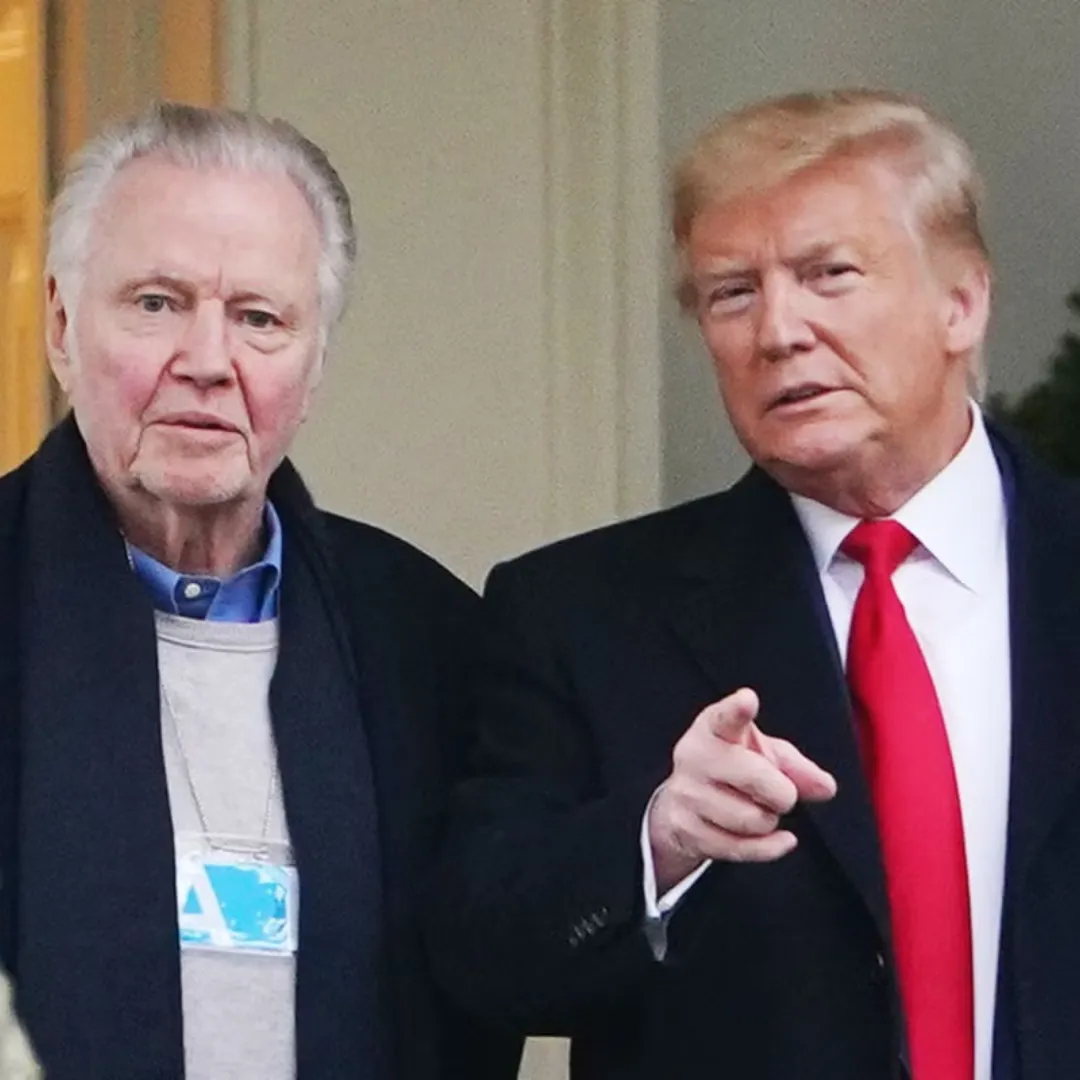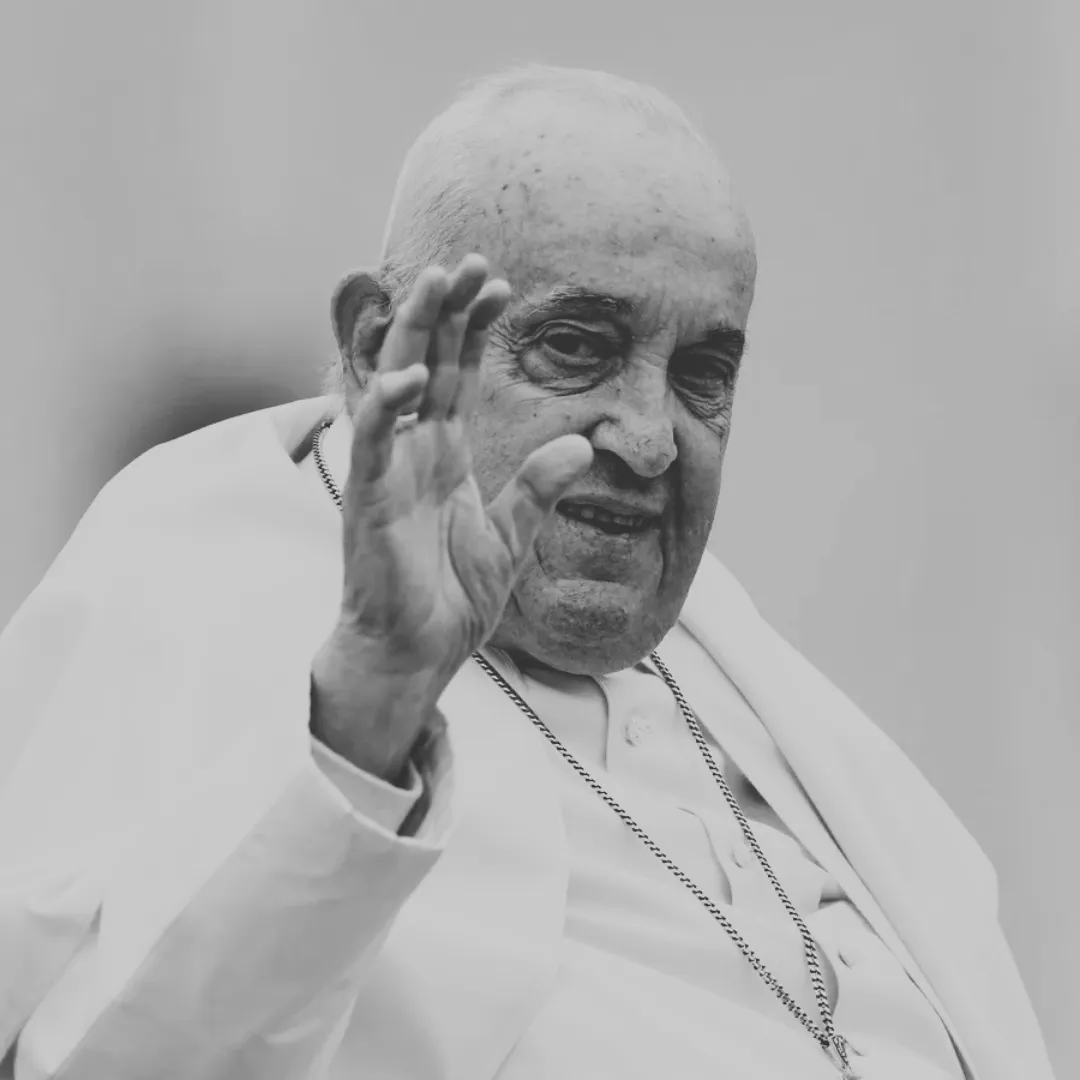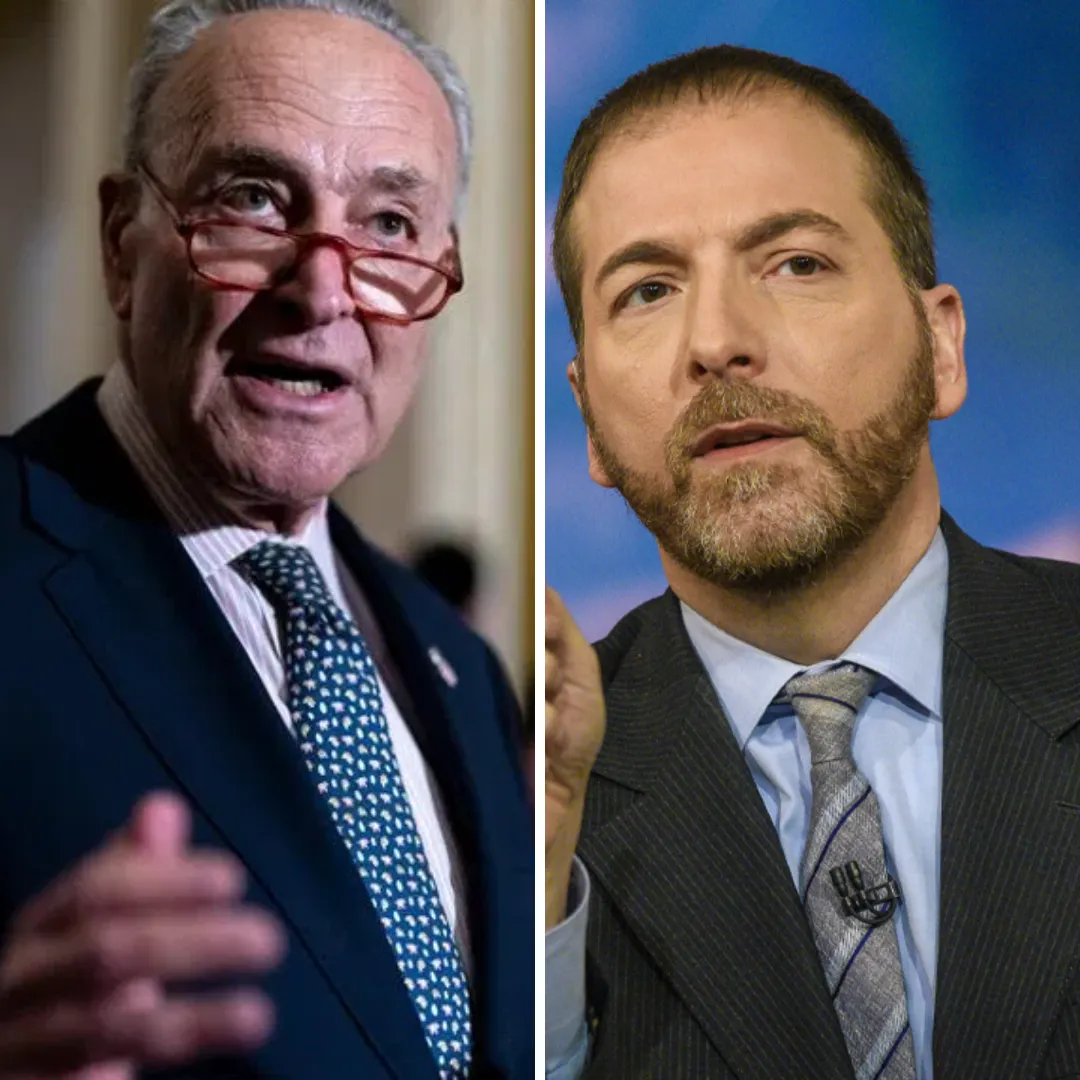
President Donald Trump caused a political firestorm north of the border this week after he appeared to suggest that Canadians should vote for him in their federal election. The statement quickly drew sharp rebukes from Canadian leaders, most notably Conservative Leader Pierre Poilievre, who bluntly told Trump to "stay out" of Canada's affairs.
Posting on his social media platform Truth Social, Trump wished the "great people of Canada" good luck as they prepared to head to the polls. However, his message quickly shifted into a controversial endorsement and a startling political proposition.
"Elect the man who has the strength and wisdom to cut your taxes in half, increase your military power, for free, to the highest level in the world, have your Car, Steel, Aluminum, Lumber, Energy, and all other businesses, QUADRUPLE in size, WITH ZERO TARIFFS OR TAXES, if Canada becomes the cherished 51st State of the United States of America," Trump wrote.
The post stunned observers and politicians alike, reviving old tensions between the two nations and immediately turning Trump into a major figure in Canada's election campaign. Trump repeated a false claim that the United States subsidizes Canada with "hundreds of billions of dollars a year," a statement widely refuted by trade experts and economists.
Within hours, Pierre Poilievre fired back, making it clear that Canadian sovereignty was not up for discussion.
"President Trump, stay out of our election," Poilievre posted on his own social media. "The only people who will decide the future of Canada are Canadians at the ballot box."
Poilievre went further, affirming that Canada would never accept becoming a part of the United States.
"Canada will always be proud, sovereign, and independent, and we will NEVER be the 51st state," Poilievre declared.

The sharp exchange immediately escalated tensions between the two leaders and brought U.S.-Canada relations into the center of Canada's heated federal election campaign.
Poilievre, who has built much of his political identity around promoting Canadian self-reliance and opposing perceived foreign interference, seized the opportunity to frame the election as a battle for national dignity.
"Today Canadians can vote for change so we can strengthen our country, stand on our own two feet, and stand up to America from a position of strength," Poilievre said.
Trump’s controversial message touched a nerve in Canada, where past actions by the former president—particularly his aggressive trade policies—have left lasting scars.
Trump's trade war with Canada, including steep tariffs on aluminum and steel, created significant economic uncertainty and strained the historically close relationship between the two countries.
Those tariffs, along with repeated rhetorical jabs questioning Canada's independence and economic policies, had already been key issues throughout the 36-day Canadian election campaign. Trump’s latest comments only intensified scrutiny and anger.
Adding fuel to the fire was a recent revelation that Trump had floated the idea of Canada becoming the 51st state during a phone call with Liberal Leader Mark Carney. The Radio-Canada report disclosed that in a March 28 call, Trump brought up the idea without warning, catching Canadian officials off guard.
The controversy forced Carney to address the matter on the campaign trail. Initially, he had stated that Trump respected Canada’s sovereignty during their conversation. However, faced with mounting questions, Carney acknowledged that Trump had indeed made the provocative suggestion.
When asked in a separate interview with Time magazine whether his remarks about Canada becoming a U.S. state were simply trolling, Trump was uncharacteristically candid.
"Actually, no, I'm not," Trump said. "I'm really not trolling. Canada is an interesting case. I say the only way this thing that really works is for Canada to become a state."
Trump's insistence that his proposal was serious only deepened alarm in Canada, where many politicians and citizens view national sovereignty as a fundamental part of the country’s identity.
In yet another twist, Trump indicated in a Fox News interview that he might prefer dealing with a Liberal government in Canada over a Conservative one. Without mentioning either Carney or Poilievre by name, Trump expressed disdain for the Conservative candidate.
"The Conservative that's running is stupidly no friend of mine. I don't know him, but he said negative things," Trump said. "I think it's easier to deal, actually, with a Liberal. And maybe they're gonna win, but I don't really care. It doesn't matter to me at all."
Trump’s dismissive remarks infuriated Poilievre supporters and were immediately seized upon by his political opponents. Carney's campaign accused Poilievre of failing to stand up strongly enough to Trump in the past, even as Poilievre was in the middle of making a forceful case for Canadian sovereignty.
The drama surrounding Trump's comments overshadowed much of the final stretch of campaigning, with candidates across the political spectrum being pressed to state their positions on Canadian independence and U.S. relations.
Political analysts noted that Trump's unexpected entry into the Canadian political conversation could have unintended consequences. While Trump's core supporters in the U.S. admire his brashness and unconventional style, in Canada, his brand of politics is deeply polarizing.
Many Canadians see Trump's rhetoric as emblematic of the very threats to democratic norms and international cooperation they wish to avoid.
Moreover, Trump's suggestion that Canada would benefit economically by becoming a U.S. state was met with skepticism and ridicule across Canadian media. Experts quickly pointed out that Canada already enjoys strong economic growth, universal healthcare, and a distinct national identity that many citizens are fiercely proud to protect.
Economists dismissed Trump's claims that the United States "subsidizes" Canada, explaining that trade between the two countries is mutually beneficial and based on balanced agreements like the USMCA, which replaced NAFTA under Trump’s own presidency.
The diplomatic implications of Trump's comments are also serious. Relations between the two countries, while currently stable, could be jeopardized by repeated suggestions that Canada's sovereignty is negotiable. Diplomats on both sides emphasized that respect for national independence is a cornerstone of U.S.-Canada ties.
Despite the uproar, Trump’s intervention might have had the unintended effect of galvanizing Canadian voters. Political observers noted that national pride is a powerful force, and attempts by any foreign leader to influence or diminish Canada’s independence tend to backfire spectacularly.
As Canadians went to the polls, the Trump controversy remained fresh in their minds. Many saw the choice before them not just as a question of domestic policy but as a broader referendum on sovereignty, dignity, and national identity.
Poilievre continued to hammer the message of independence, framing the election as an opportunity to assert Canadian strength and autonomy in the face of external pressures. Meanwhile, Carney and the Liberals attempted to position themselves as defenders of a strong but cooperative relationship with the United States, emphasizing diplomacy over confrontation.
In the broader context, Trump’s comments reflect an increasingly blurred line between U.S. and global politics. In an era of instantaneous communication and interconnected economies, political rhetoric crosses borders with unprecedented speed and impact.

Trump's Truth Social posts, while aimed at his American audience, instantly became a major issue in a foreign nation's election, illustrating the outsized influence the American presidency still holds on the world stage.
For now, Canada's leaders are unified on one front: their rejection of Trump's 51st-state proposal. Whether Conservative, Liberal, or otherwise, Canadian politicians made it clear that Canada’s sovereignty is non-negotiable.
As the election results roll in and Canada charts its course for the future, the shadow of Trump's remarks will likely linger. But if anything, the incident served to remind Canadians of the enduring value they place on their independence, self-determination, and national pride.
And in an unexpected way, Trump’s controversial intervention may have provided a rare moment of unity in a political landscape otherwise marked by fierce divisions.




